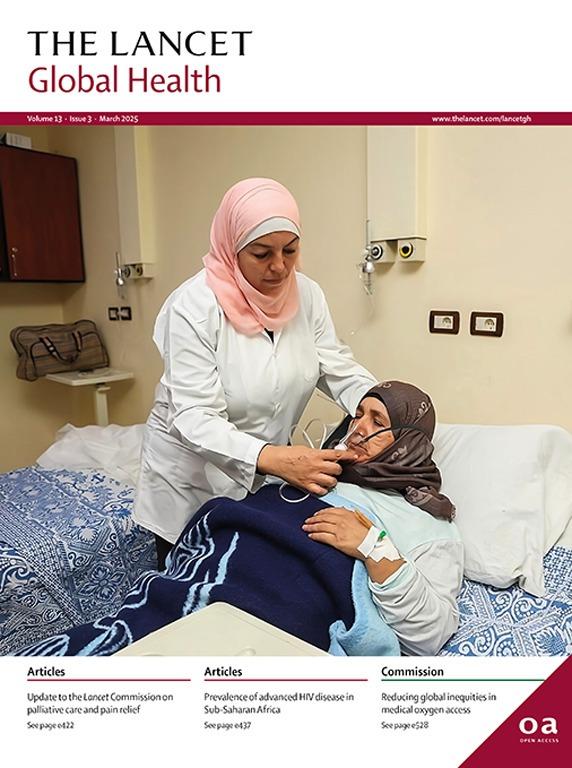
Reducing Global Inequities in Medical Oxygen Access – A Special Plenary by The Lancet Global Health Commission on Medical Oxygen Security at WSPID 2025
On October 29, 2025 at the WSPID 2025 Congress in Bangkok, delegates had the privilege of hearing from The Lancet Global Health Commission on Medical Oxygen Security, which presented a special plenary on Reducing Global Inequities in Medical Oxygen Access.
Global experts shared new data and country experiences that highlighted the urgent need to strengthen oxygen systems worldwide.
Leith Greenslade opened the session by sharing key findings from the Commission’s report, which revealed that 70% of patients in low- and middle-income countries who need medical oxygen do not receive it. Even at secondary and tertiary hospitals, access is often limited, particularly for newborns and children, while most primary care facilities have none at all.
Hamish Graham emphasized that 374 million people require oxygen each year, yet fewer than one in three receive it. He noted that investing in oxygen is highly cost-effective, with a $21 return for every $1 spent, and called for a systems approach that integrates supply chains, clinical care, and governance. He also underscored the critical role of pulse oximetry in detecting patients in need of oxygen.
Speakers from Laos, Bangladesh, Cambodia, Indonesia, and Vietnam shared how national roadmaps, market-shaping partnerships, and training initiatives are improving oxygen access and clinical use. These include the integration of pulse oximetry into child health programs, national guidelines for oxygen systems, and innovative financing and monitoring models.
A Call to Action
The plenary’s message was clear: oxygen is essential, not optional. Addressing inequities in access can save millions of lives, especially among children.
Pediatricians, pediatric infectious disease specialists, and critical care professionals have a vital role in advocating for reliable oxygen access, integrating pulse oximetry into routine care, and supporting system-wide change.
“Access to medical oxygen is one of the most fundamental yet inequitable aspects of global child and youth health. The insights shared by the Lancet Global Health Commission remind us that saving children and youth lives depends not only on vaccines and antibiotics, but also on reliable oxygen systems and early detection through pulse oximetry. As pediatricians and infectious disease specialists, we have a shared responsibility to advocate for these essential tools and to ensure that no child dies because oxygen was out of reach.”
“WSPID joins the Lancet Commission in calling on global and national leaders, health professionals, partners and especially colleagues from relevant specialities such as pediatric intensive and critical care to close the oxygen access gap and strengthen systems that save the lives of newborns, children and youth worldwide.”
Professor Asha Bowen | BA MBBS DCH FRACP PhD GAICD FAHMS OAM, President, WSPID